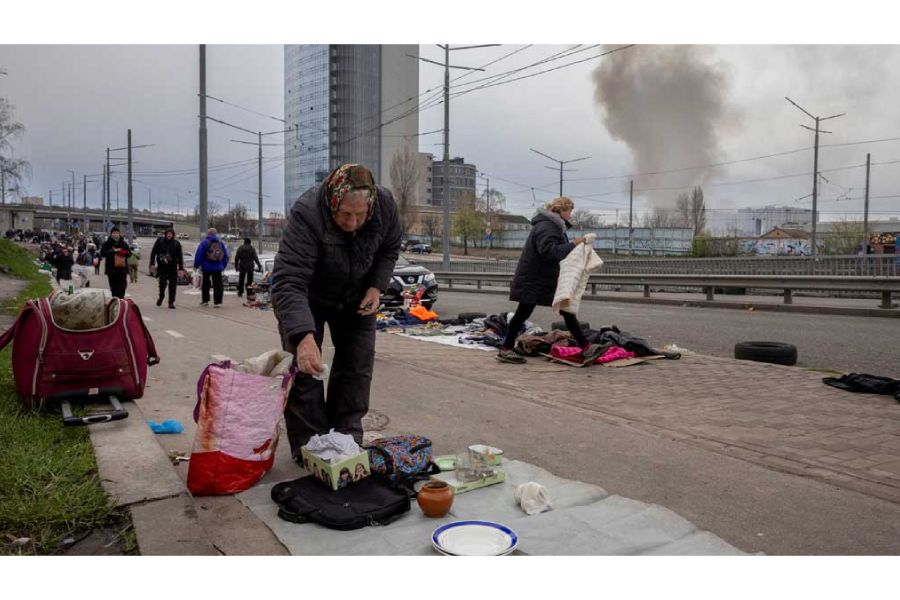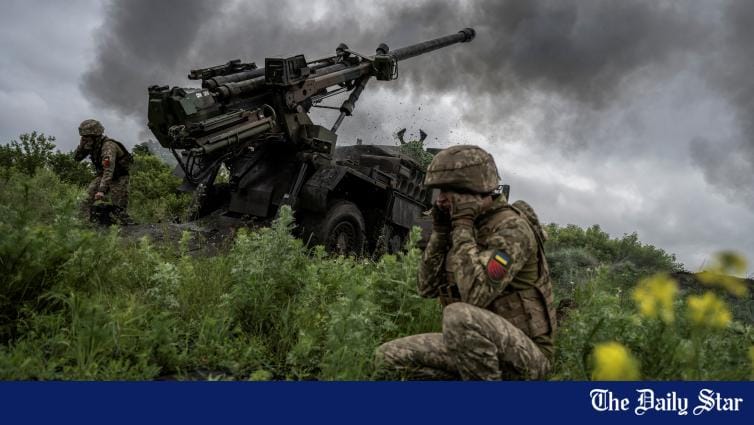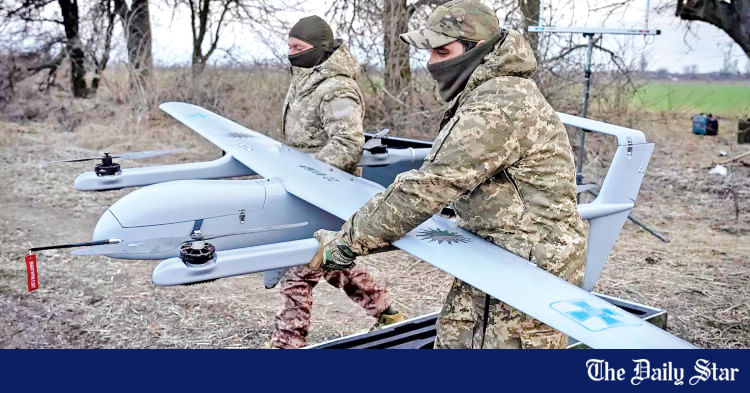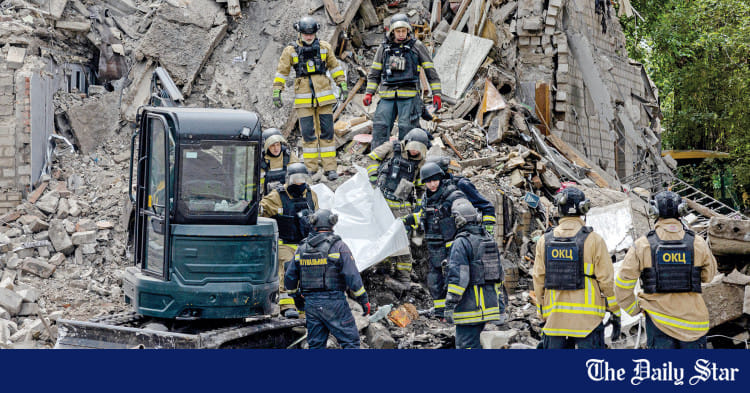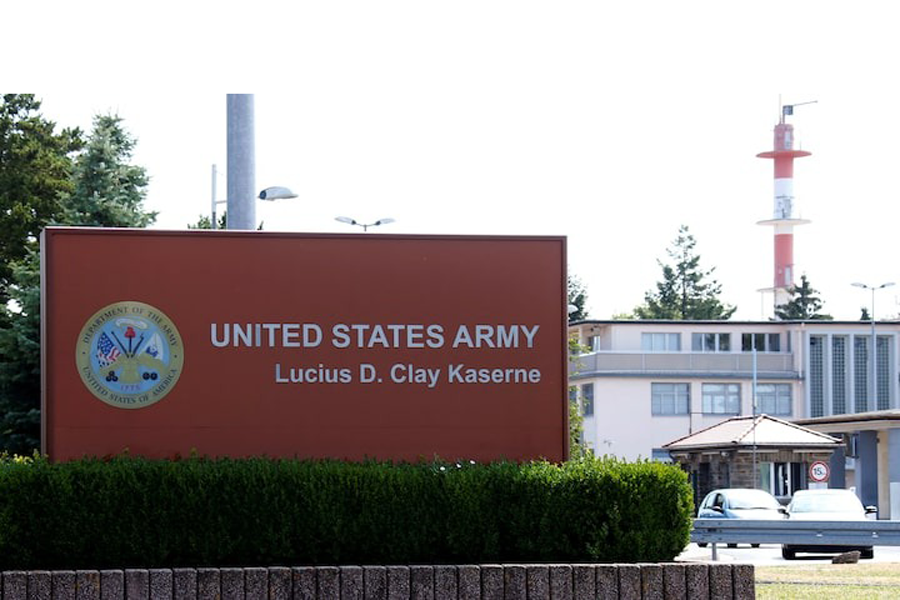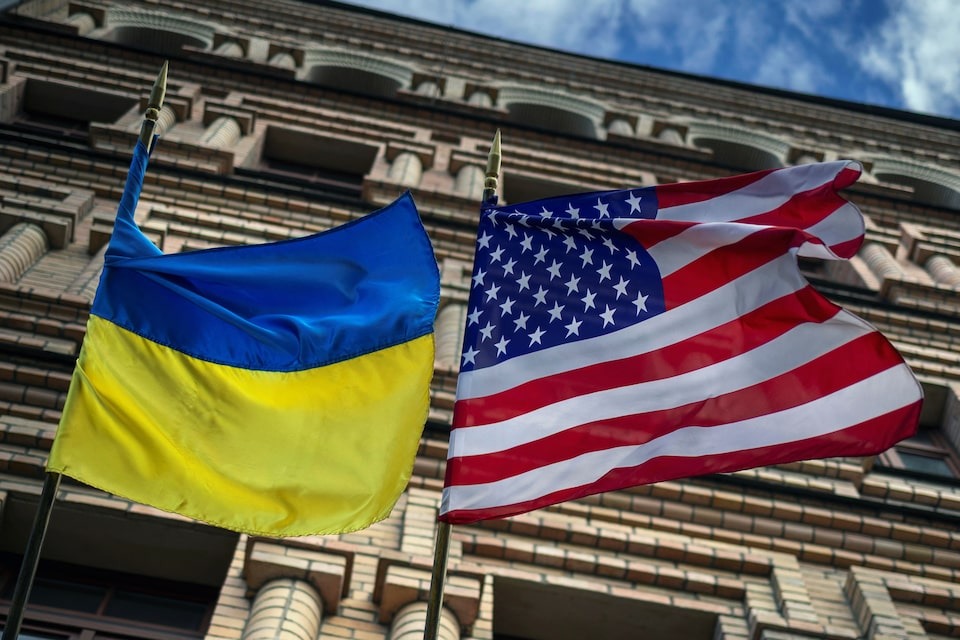Saif
Senior Member
- Joined
- Jan 24, 2024
- Messages
- 15,397
- Reaction score
- 7,874
- Nation

- Residence

- Axis Group

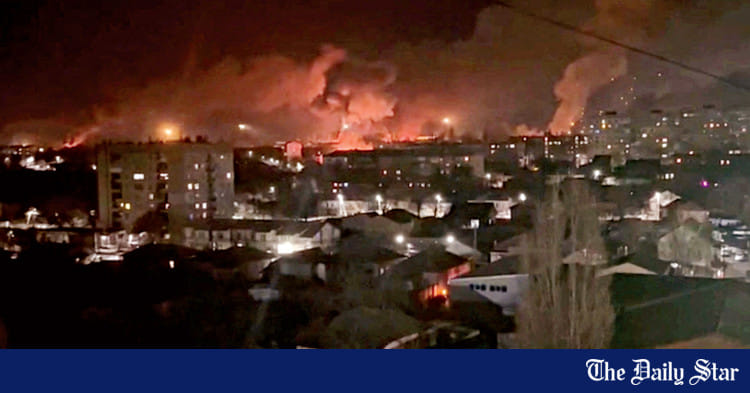
Europe meets over Ukraine peace plans
Senior military figures and European leaders yesterday gathered to thrash out plans for long-term peace in Ukraine, as the United States and Russia prepared for fresh talks on ending the war.
Europe meets over Ukraine peace plans
Trump floats US takeover of Ukraine nuclear plants

Senior military figures and European leaders yesterday gathered to thrash out plans for long-term peace in Ukraine, as the United States and Russia prepared for fresh talks on ending the war.
Around 30 military leaders from countries keen to help police any lasting ceasefire in Ukraine were to meet north of London, while on the other side of the Channel, EU leaders headed to Brussels.
The flurry of European activity comes with lingering concern about the United States' commitment to backing security on the continent, and fears of future Russian aggression against Baltic and Nordic countries.
Ukraine's Volodymyr Zelensky and Russia's Vladimir Putin both held talks with their US counterpart Donald Trump this week, and have indicated they are prepared to halt attacks on energy infrastructure for 30 days.
But there has since been no let-up in strikes and both countries reported a barrage of new drone strikes overnight, as questions remained about the exact details of any lasting peace deal.
Trump, who has spooked European and Nato allies by his overtures to Putin and lukewarm commitment to European security, suggested on Wednesday night the United States could take over and run Ukraine's power plants.
Putin, for his part, has made an end to further Western military support for Ukraine a red line for Russia agreeing to a long-term truce.
Zelensky, who is due to address EU leaders in Brussels, has said that will make Ukraine vulnerable to further attack and warned against making concessions that would embolden Moscow.
Despite Trump going cold on support for Ukraine, the United States is looking at acquiring additional air defence systems for Kyiv to counter Russia's ballistic missiles.
"This is extremely important," said the EU's top diplomat Kaja Kallas, who is pushing member states to meet a Ukrainian request for two million shells worth five billion euros ($5.4 billion).
Trump floats US takeover of Ukraine nuclear plants
Senior military figures and European leaders yesterday gathered to thrash out plans for long-term peace in Ukraine, as the United States and Russia prepared for fresh talks on ending the war.
Around 30 military leaders from countries keen to help police any lasting ceasefire in Ukraine were to meet north of London, while on the other side of the Channel, EU leaders headed to Brussels.
The flurry of European activity comes with lingering concern about the United States' commitment to backing security on the continent, and fears of future Russian aggression against Baltic and Nordic countries.
Ukraine's Volodymyr Zelensky and Russia's Vladimir Putin both held talks with their US counterpart Donald Trump this week, and have indicated they are prepared to halt attacks on energy infrastructure for 30 days.
But there has since been no let-up in strikes and both countries reported a barrage of new drone strikes overnight, as questions remained about the exact details of any lasting peace deal.
Trump, who has spooked European and Nato allies by his overtures to Putin and lukewarm commitment to European security, suggested on Wednesday night the United States could take over and run Ukraine's power plants.
Putin, for his part, has made an end to further Western military support for Ukraine a red line for Russia agreeing to a long-term truce.
Zelensky, who is due to address EU leaders in Brussels, has said that will make Ukraine vulnerable to further attack and warned against making concessions that would embolden Moscow.
Despite Trump going cold on support for Ukraine, the United States is looking at acquiring additional air defence systems for Kyiv to counter Russia's ballistic missiles.
"This is extremely important," said the EU's top diplomat Kaja Kallas, who is pushing member states to meet a Ukrainian request for two million shells worth five billion euros ($5.4 billion).

 War Archive
War Archive











